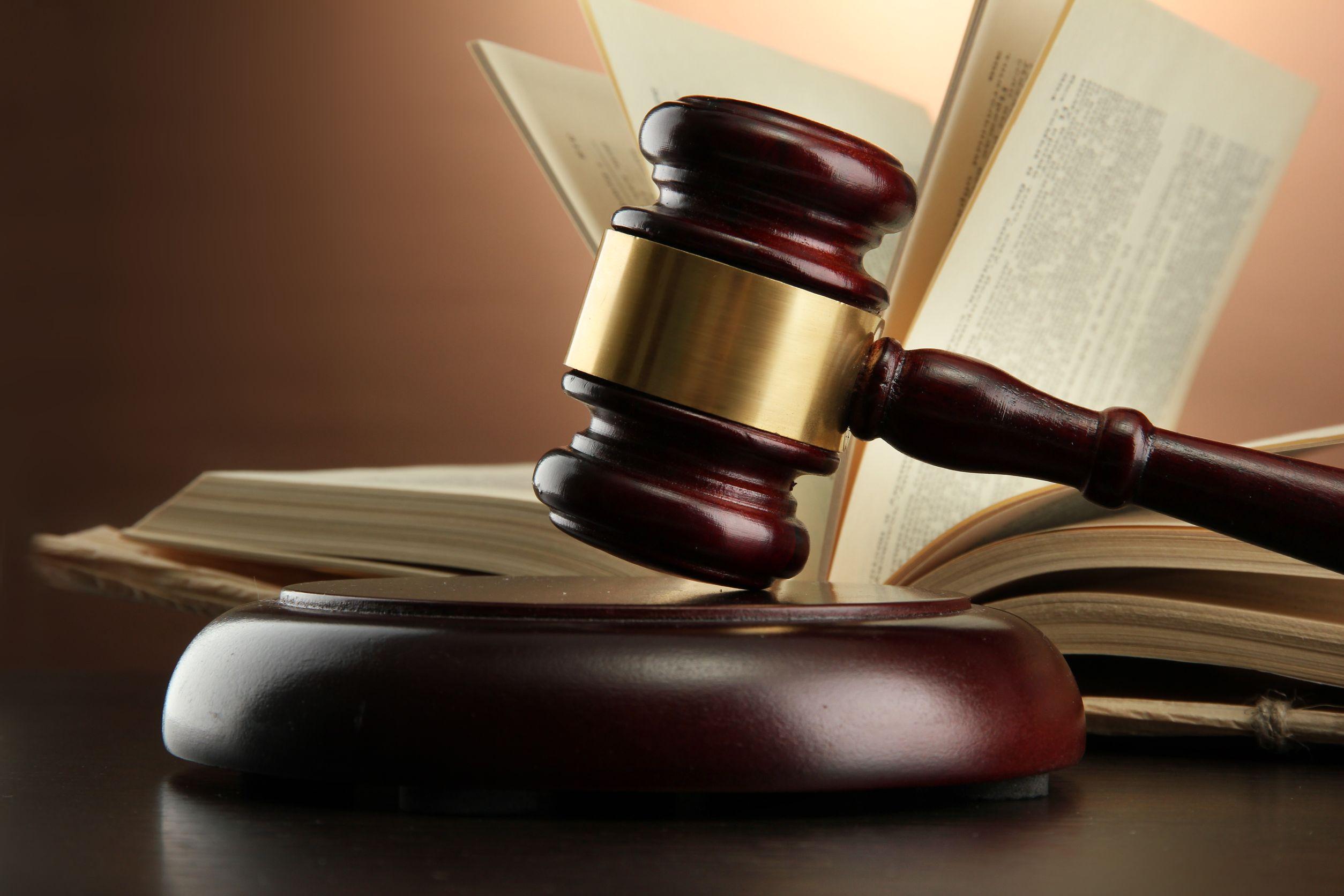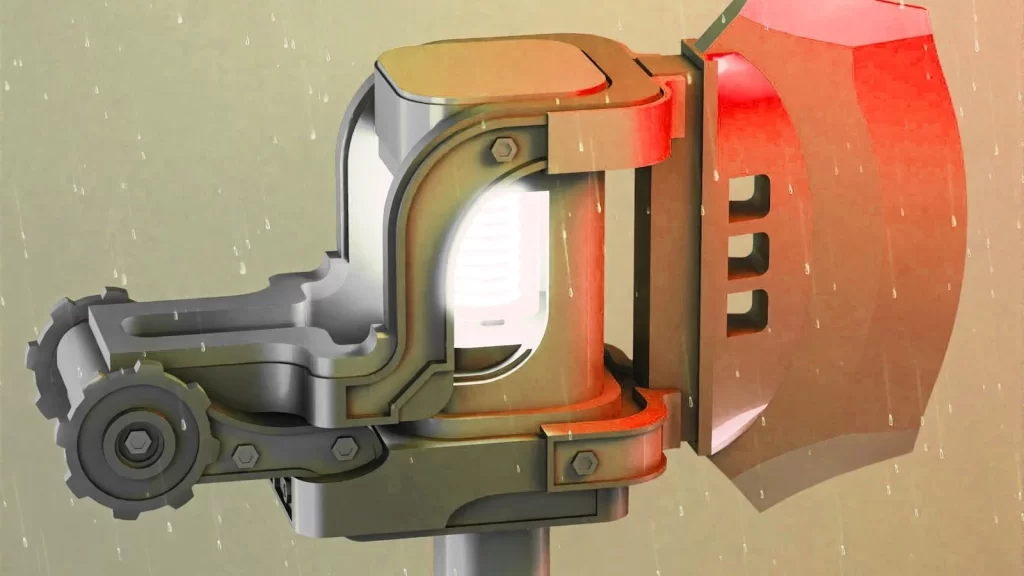As seasoned practitioners in the realm of estate planning and probate law, we at Morgan Legal Group have encountered numerous inquiries regarding the intertwining roles of executors and beneficiaries. One question that often arises is whether an individual appointed as the executor of a will can also stand to inherit from the estate they are tasked with administering. In this article, we dissect this complex legal issue with precision and clarity, shedding light on the nuances that govern the relationship between executors and potential beneficiaries. Join us as we navigate the intricacies of executorship and inheritance, demystifying common misconceptions and providing insight into the legal principles at play.
Executor’s Role in the Will Administration Process
An is crucial in ensuring the deceased’s wishes are carried out according to the legal document. As the executor, you have the responsibility to manage the estate, pay off debts, distribute assets to beneficiaries, and handle any legal or financial matters.
While the executor plays a vital role in the administration process, it is important to note that they are entitled to receive compensation for their services. This compensation is typically outlined in the will or determined by state law. Additionally, it is possible for an executor to also be named as a beneficiary in the will. However, it is essential for the executor to act in the best interest of all beneficiaries and avoid any conflicts of interest.

Potential Conflict of Interest: Executor and Beneficiary Status
As an executor of a will, it is crucial to be aware of the potential conflict of interest that may arise if you are also a beneficiary of the estate. While it is not uncommon for a beneficiary to also serve as an executor, it is important to proceed with caution to avoid any appearance of impropriety or bias.
In such cases, it is essential to maintain transparency and ensure that all decisions made are in the best interest of the estate and its beneficiaries. It may be advisable to seek legal advice to navigate any potential conflicts of interest and ensure that your duties as an executor are carried out ethically and in accordance with the law.

Legal Ramifications of Executor Inheriting from the Estate
When it comes to the legal ramifications of an executor inheriting from the estate they are tasked with administering, the situation can be complex and raise questions about potential conflicts of interest. While it is not uncommon for an executor to also be a beneficiary of the will, there are certain guidelines and regulations that must be followed to ensure that the executor acts in the best interests of the estate and its beneficiaries.
One important consideration is whether the will specifically allows for the executor to inherit from the estate. If the will does not address this issue, state laws will generally dictate whether an executor can also be a beneficiary. Additionally, the executor must always act in accordance with their fiduciary duty, which means they must prioritize the interests of the estate and its beneficiaries above their own personal interests. Failure to do so could result in legal action being taken against the executor.

Recommendations for Avoiding Controversy and Ensuring a Fair Distribution of Assets
When it comes to the distribution of assets in a will, it’s crucial to follow a set of recommendations to avoid controversy and ensure a fair outcome for all parties involved. One key recommendation is to clearly outline your wishes in the will, leaving no room for interpretation or misunderstanding. This can help prevent any disputes or disagreements among beneficiaries.
Another important consideration is to select a reliable and impartial executor who will carry out your wishes in a fair and transparent manner. It’s essential to choose someone who is not only trustworthy but also understands the complexities of estate planning and probate law. By taking these steps, you can minimize the risk of controversy and ensure that your assets are distributed according to your wishes.
Q&A
Q: Can an executor of a will also inherit?
A: Yes, an executor of a will can also inherit from the estate they are responsible for administering. This is a common practice that can help ensure that the executor is fairly compensated for their time and effort in managing the deceased’s affairs.
Q: Is it ethical for an executor to inherit from the will they are administering?
A: The ethical considerations of an executor inheriting from a will they are administering can vary depending on the circumstances. It is important for the executor to act in the best interest of the deceased and their beneficiaries, and to disclose any potential conflicts of interest to the relevant parties.
Q: What factors should be considered before an executor inherits from a will?
A: Before an executor inherits from a will they are administering, it is important to consider the size of the estate, the wishes of the deceased, and the potential impact on other beneficiaries. It may also be advisable to seek legal advice to ensure that the inheritance is carried out in a fair and transparent manner.
Q: Are there any legal restrictions on an executor inheriting from a will?
A: In some jurisdictions, there may be legal restrictions on an executor inheriting from a will they are administering. These restrictions are typically in place to prevent conflicts of interest and ensure that the estate is distributed fairly among the beneficiaries. It is important for the executor to be aware of and comply with any relevant laws and regulations.
To Wrap It Up
In conclusion, the question of whether an executor of a will can also inherit raises complex legal and ethical considerations. While it is possible for an executor to be named as a beneficiary in a will, there are potential conflicts of interest that must be carefully navigated. It is crucial for individuals drafting a will to clearly outline their intentions and for executors to act in a transparent and impartial manner. Ultimately, seeking legal guidance and open communication can help ensure that the wishes of the deceased are carried out with integrity and fairness. Remember, the role of an executor is a solemn responsibility that should be approached with honesty and diligence. Thank you for reading.








